Research, News & Discoveries
-
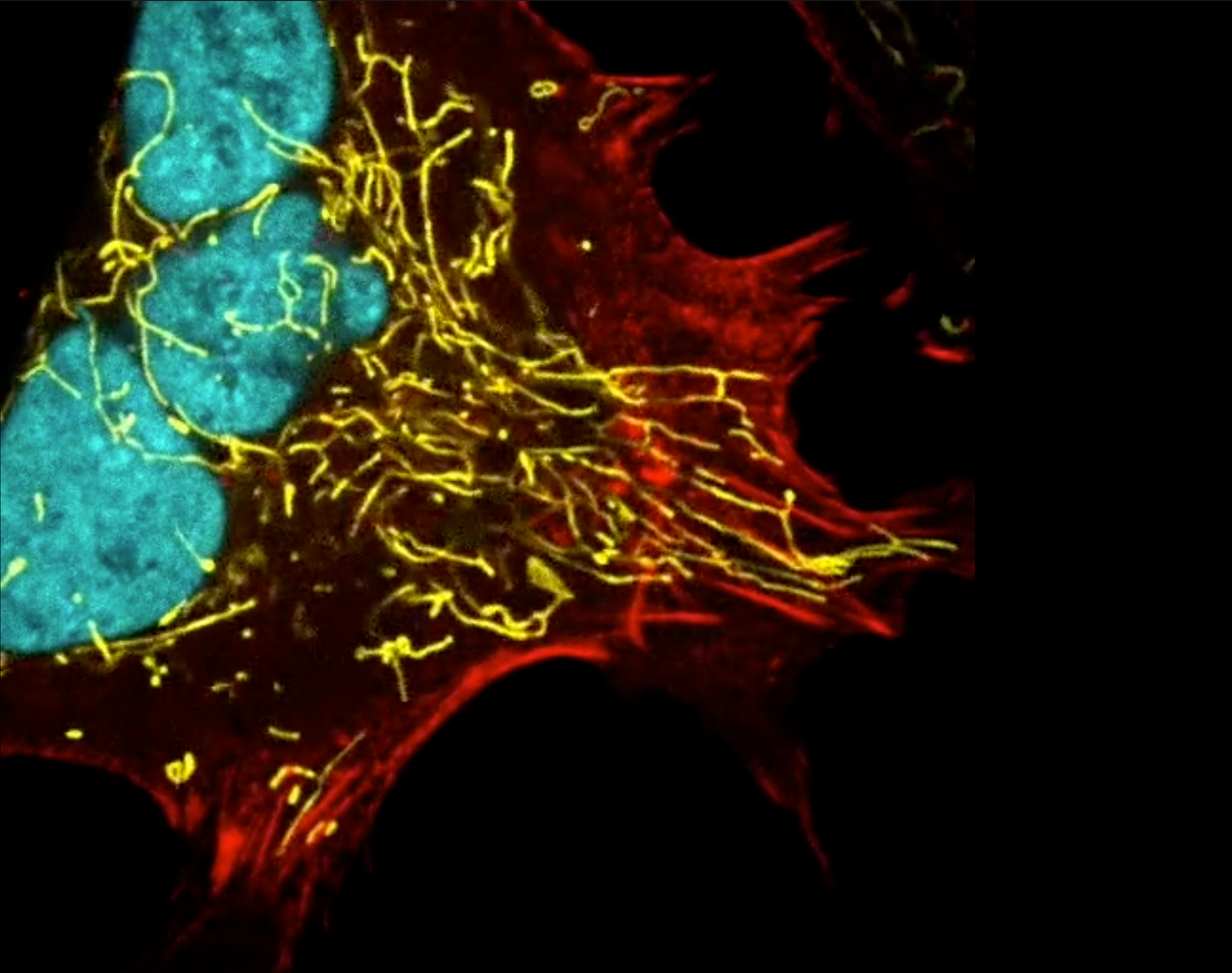
New cancer target could push new drugs into the clinic
New work by Professor of Cell and Developmental Biology Bill Tansey and colleagues has determined that a new type of inhibitor—a WINi—targets cancer cells in a novel way and suggests exploiting this pathway in future anticancer drug development efforts. Read MoreMay. 14, 2024
-
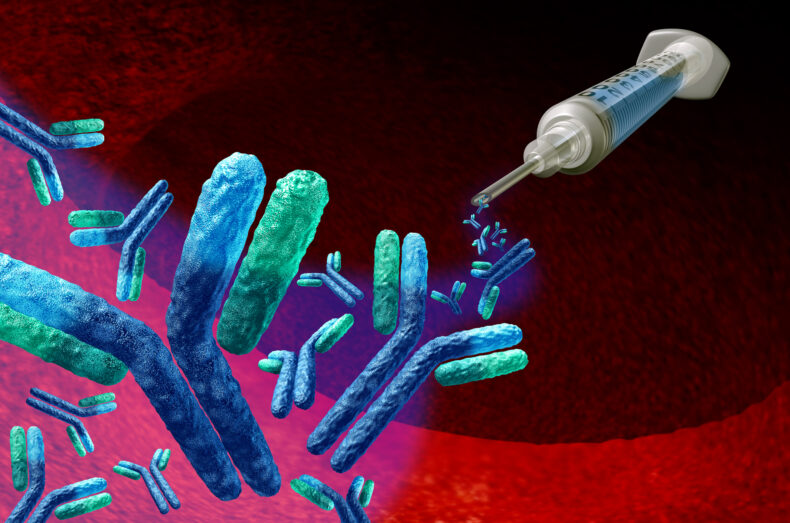
Supercomputing redesign of a COVID monoclonal antibody
One of the monoclonal antibodies in the therapeutic Evusheld has been computationally redesigned to restore its action against Omicron variants of the virus that causes COVID-19. Read MoreMay. 14, 2024
-
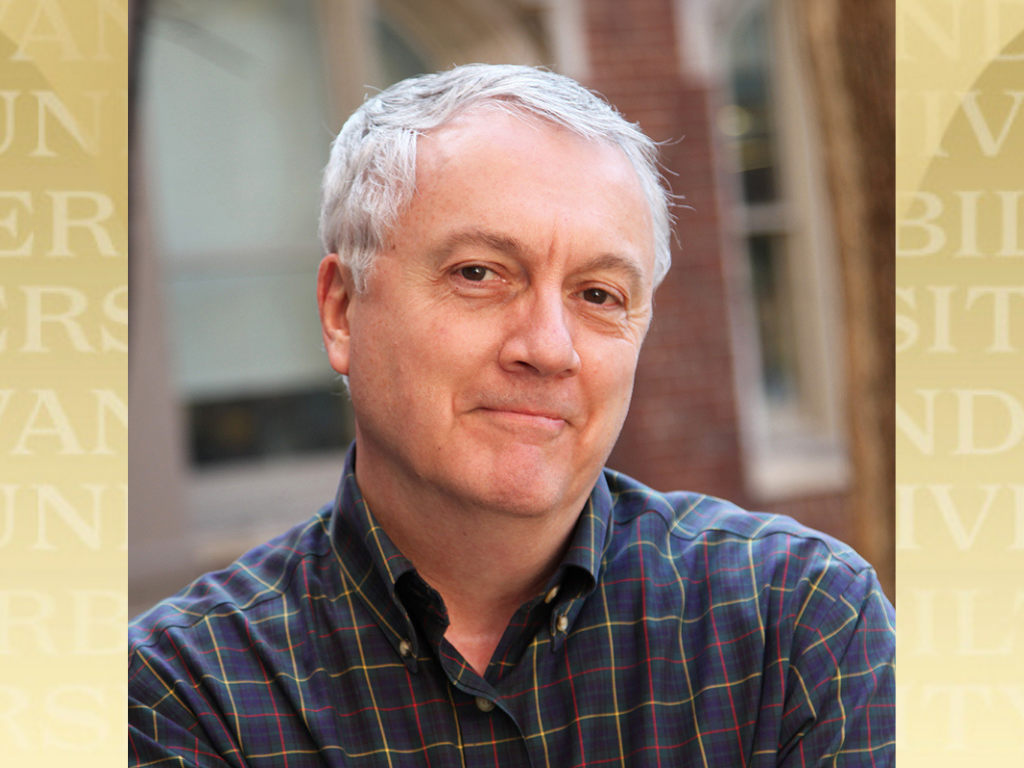
School of Medicine Basic Sciences Staff Spotlight: Stephen Doster
Meet Stephen Doster, associate program director of academic and educational support in Basic Sciences. Read MoreMay. 13, 2024
-

Kojetin, Waterson named Vanderbilt Innovation Ambassadors
Within the intellectual powerhouse that is Vanderbilt University and Vanderbilt University Medical Center thrives a group of doctors, engineers, computer scientists and others who also are visionaries, inventors and entrepreneurs. Several of these change-makers also donate their time and expertise through the Vanderbilt Innovation Ambassadors Program to help colleagues in their departments recognize and pursue the world-altering potential of their own ideas. Read MoreMay. 13, 2024
-

Vanderbilt joins Meharry Medical College, Fisk University in hosting Tri-Institutional Seminar series
Seminar series by biomedical scientists from across the nation brings research collaboration opportunities to trainees and students from Nashville universities. Read MoreMay. 13, 2024
-

Life Is Beautiful Image Contest launched by Cell Imaging Shared Resource
The Cell Imaging Shared Resource launches an image contest to highlight the stunning scientific images captured with CISR instruments. Cash prizes will be awarded to winning submissions. Read MoreMay. 13, 2024
-
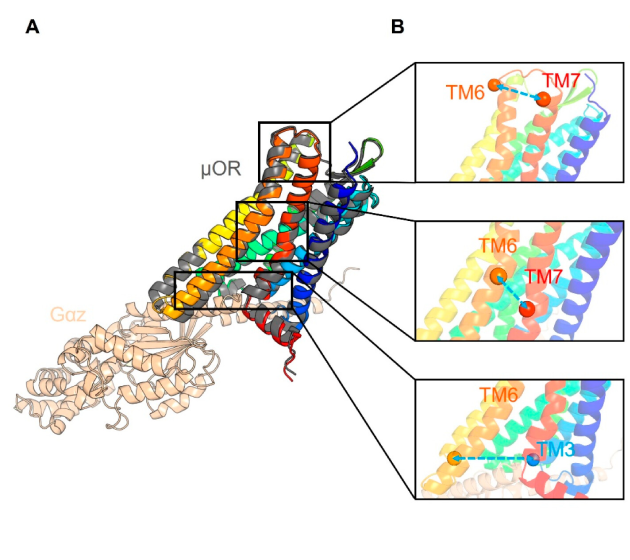
Research Snapshot: Exploring the range of AlphaFold2’s utility within the realm of protein dynamics
Benjamin P. Brown, assistant professor of pharmacology, and colleagues in the departments of molecular physiology and biophysics, pharmacology, and chemistry, have determined that AlphaFold2 can be used to generate approximations of relative conformational preferences of proteins, which will help researchers better understand a protein’s structure and function across a range of conditions and mutational states. Read MoreMay. 9, 2024
-

Lau lab publishes authoritative reference article on the hallmarks of precancer
Ken Lau, professor of cell and developmental biology, and colleagues have laid out the principles governing the biology of early, precancerous lesions, which are different from the principles that govern cancers. Their authoritative perspective was published in Cancer Discovery in April 2024. Read MoreMay. 7, 2024
-
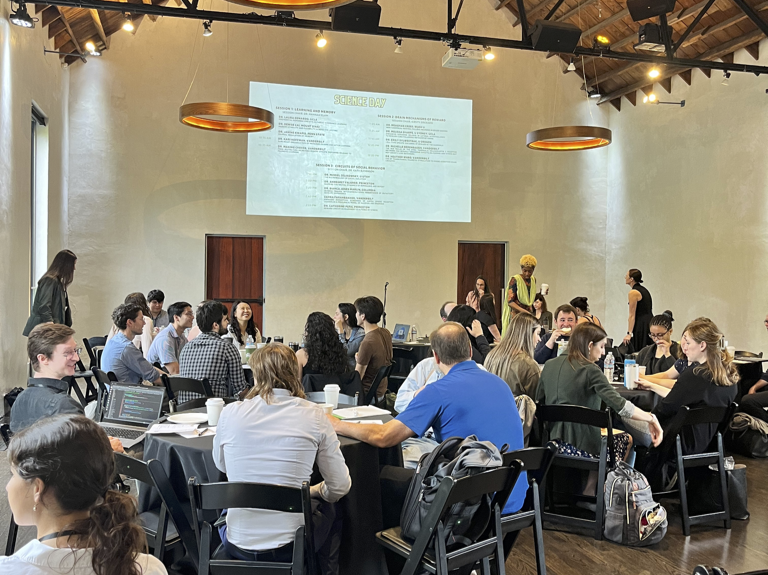
VCAR Science Day brings leading addiction researchers together
The Vanderbilt Center for Addiction Research hosted Science Day on April 18. The annual event, which started in 2017, featured the latest research in addiction, including investigations into alcohol, opioids, and stimulants. Read MoreMay. 7, 2024
-
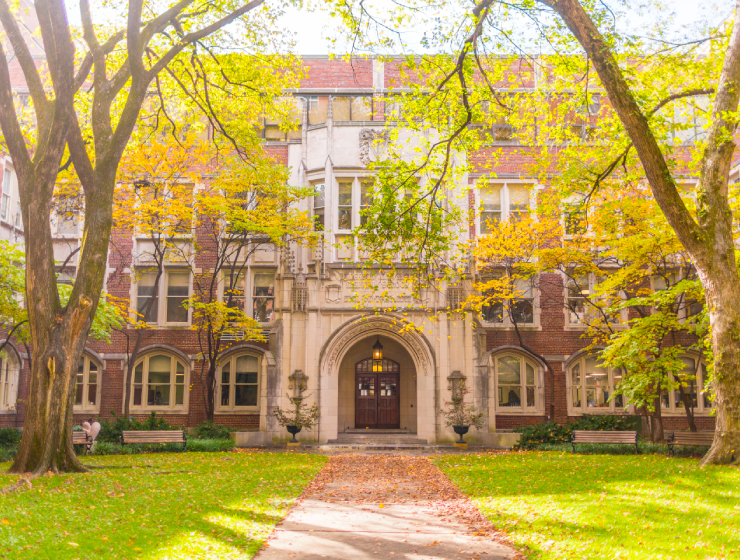
School of Medicine Basic Sciences among nation’s top NIH-funded departments with more than $65 million in FY2023; cell and developmental biology No. 3 nationally
Vanderbilt’s cell and developmental biology department is the third-most NIH-funded in the nation. Biochemistry, pharmacology, and molecular physiology and biophysics are in the top 15. Read MoreMay. 7, 2024